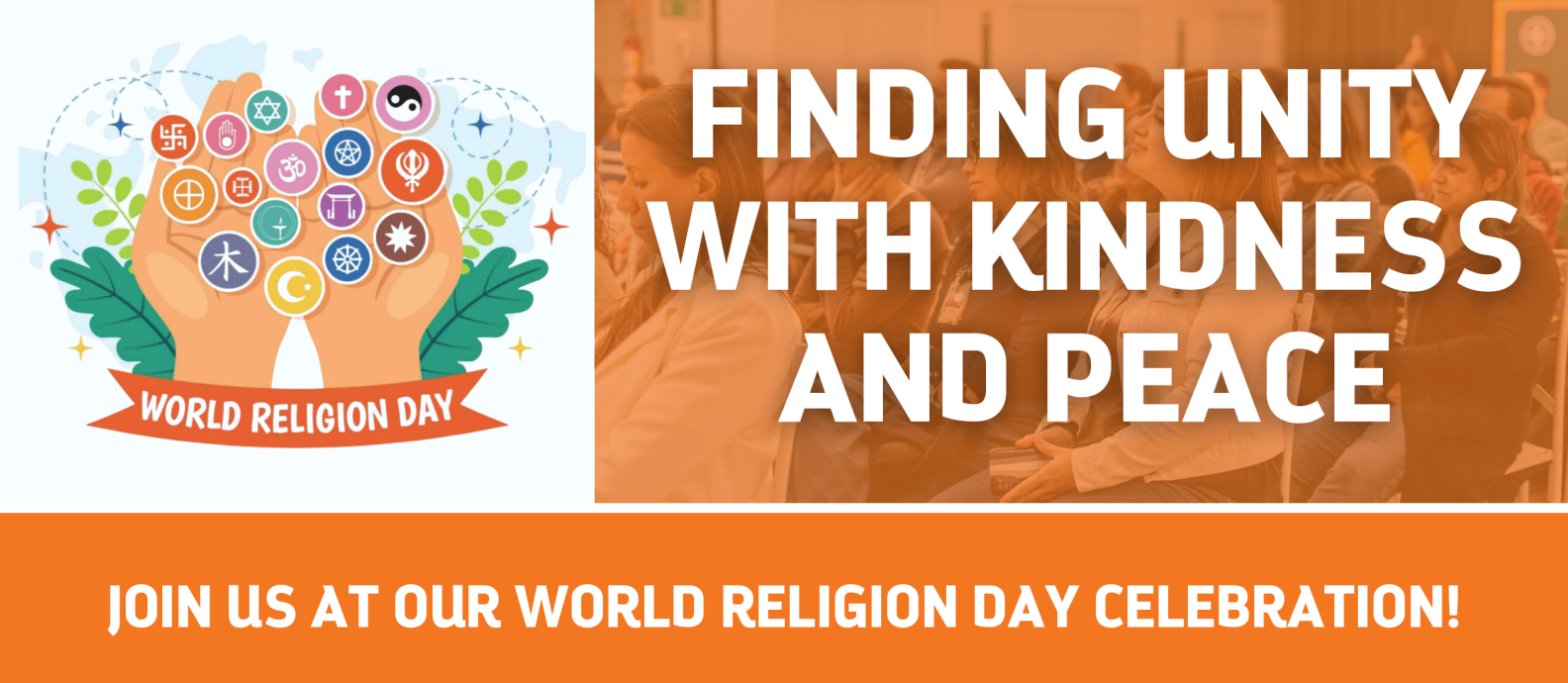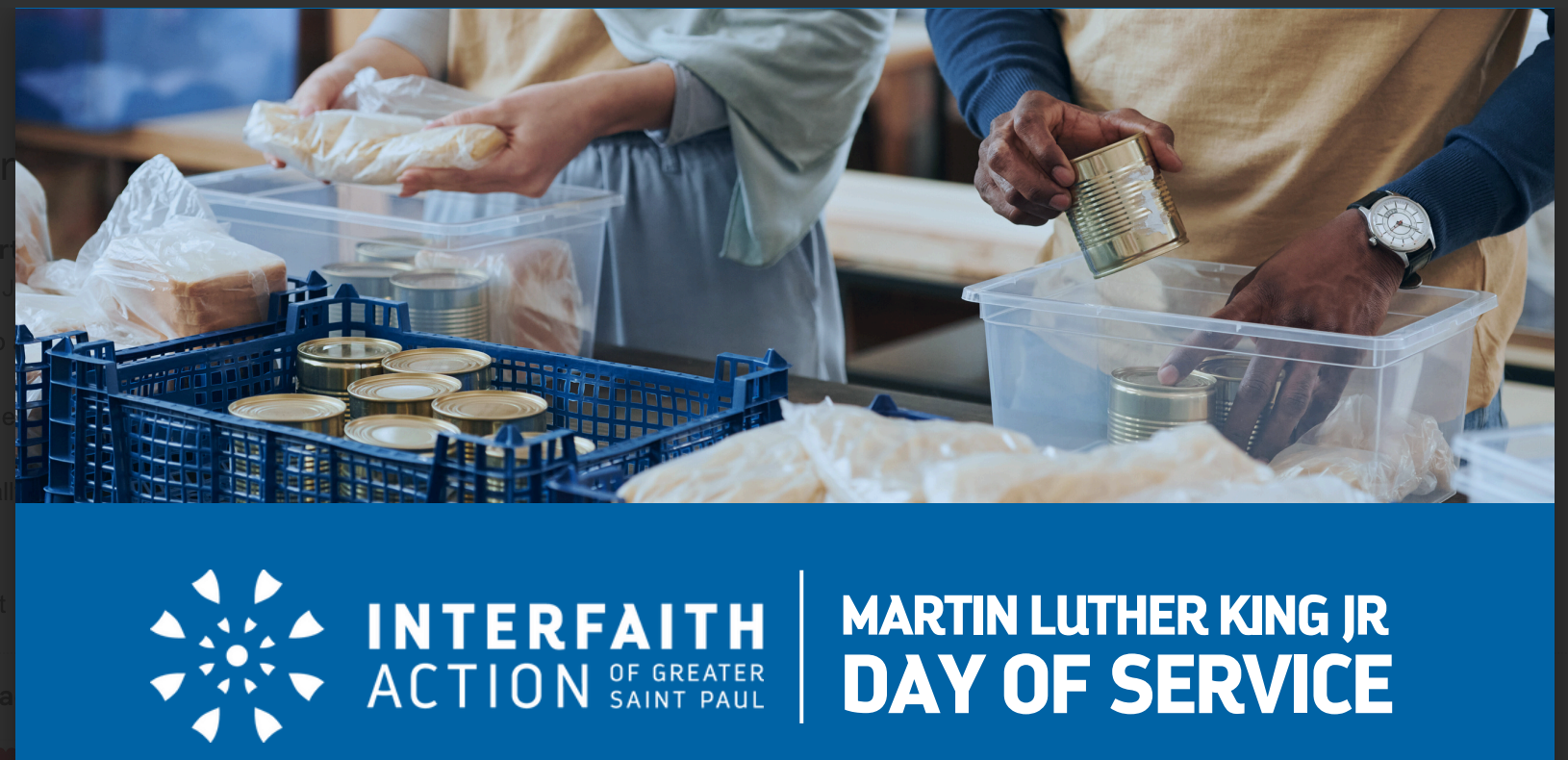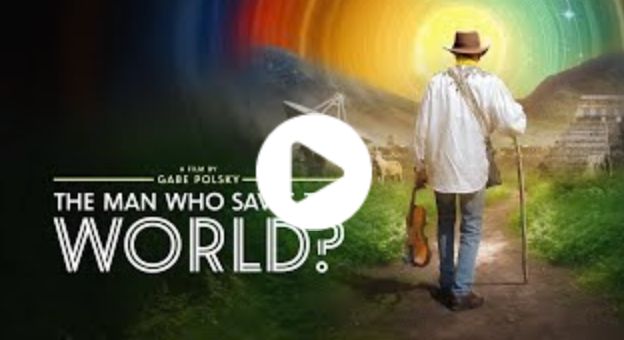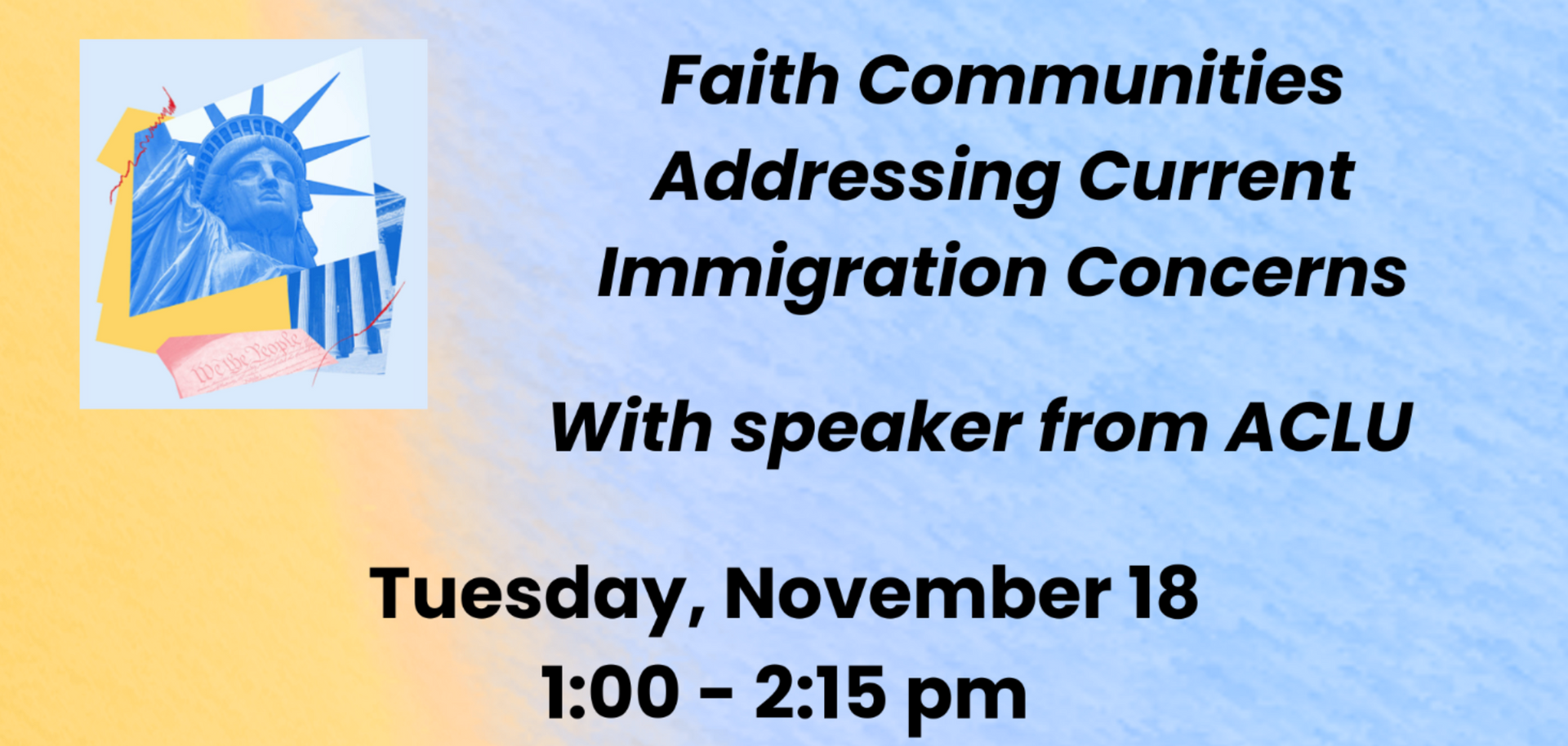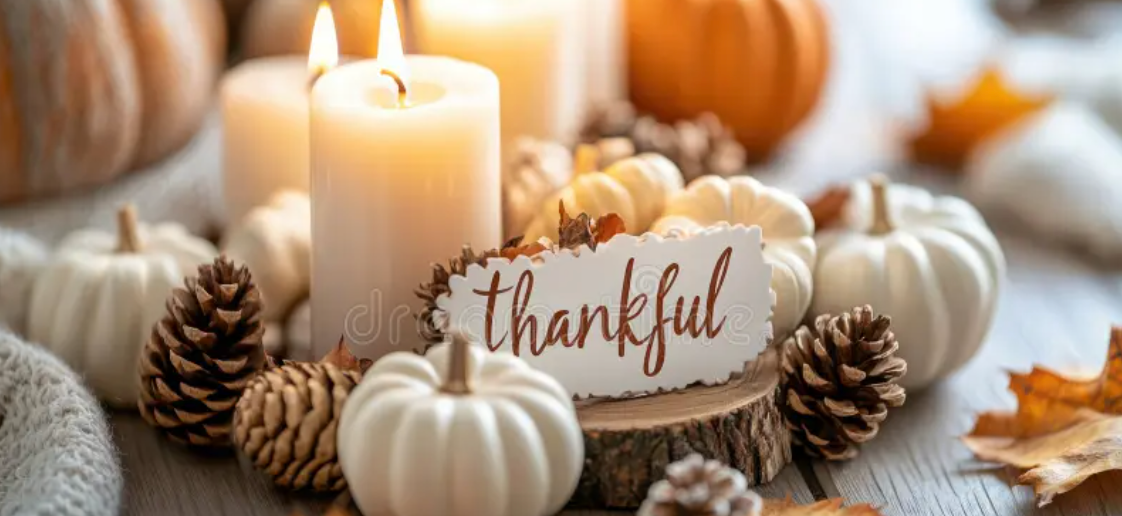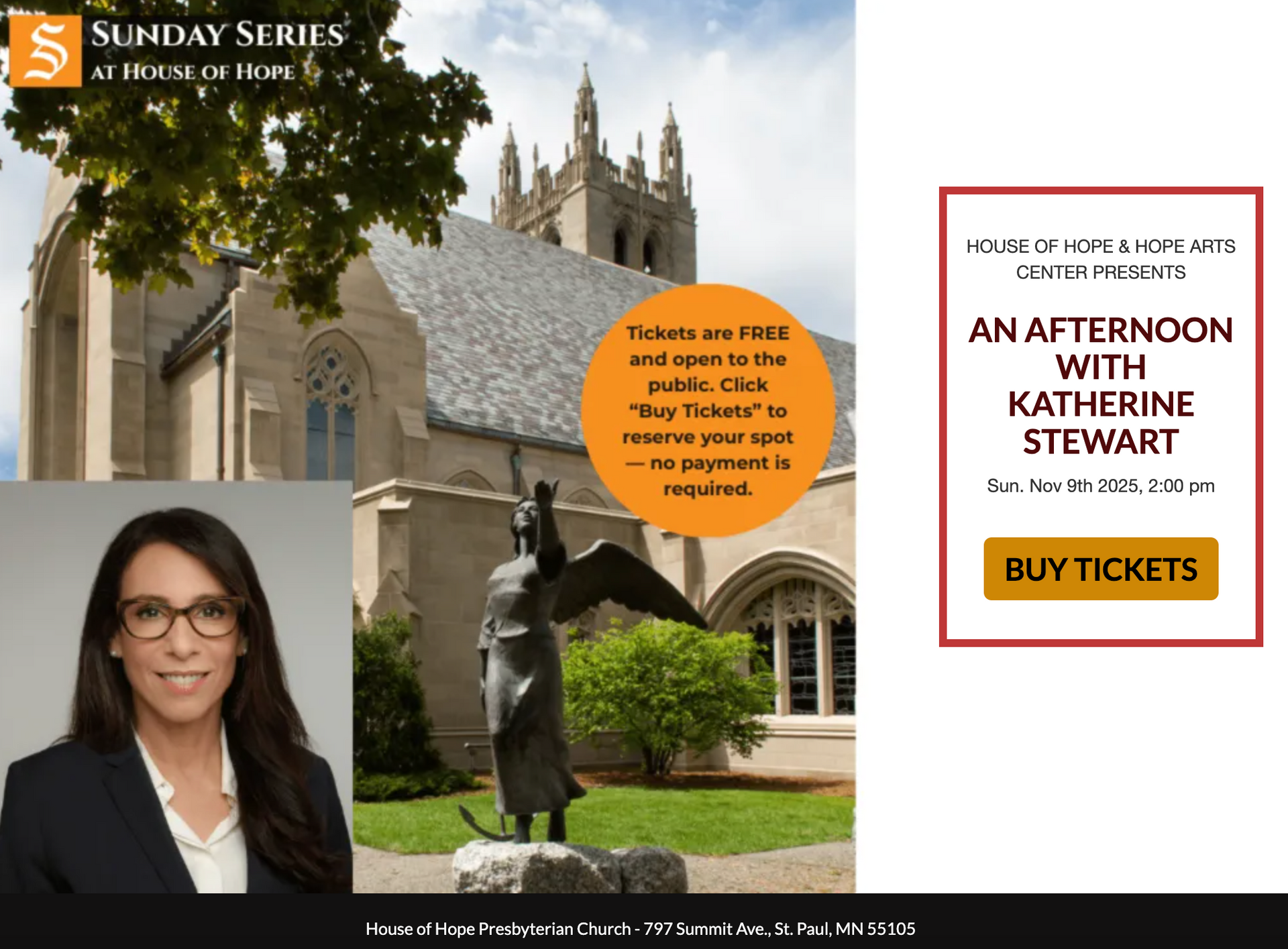Is There a Downside to Loyalty?, Inter-belief Conversation Café, Monday, November 20
Once again, Inter-belief Conversation Cafe meets by Zoom. The Zoom link is http://www.zoom.us/j/99973128471.
Is There a Downside to Loyalty?
Navy hero Stephen Decatur asked that his country be kept right, but ended with, “My country, right or wrong.” Does true loyalty require this response? Is our support of our loved ones dependent on whether their actions are praiseworthy, or are we loyal to them even when they’ve gone astray? How much loyalty do we owe our political party, our causes, our nation? Would a political leader who voices our values, but orders protesters shot or imprisons opponents still have our vote? Should we set limits on our loyalty? Is it a transaction, in which our loyalty is offered unless a line is crossed? If our loyalty is conditional, is it still loyalty? Must reason, ethics, or personal values be sacrificed to be faithfully loyal to others?
In criminal law, loyalty can incur serious penalties: Helping out a friend or boss becomes “aiding and abetting,” “concealment of a crime,” or “accessory after the fact.” Is “honor among thieves” an acceptable philosophy of life? Loyalty to one’s country can be considered a war crime -- if immoral orders are obeyed. Omertà, or the Code of Silence, is not just loyalty among the Mafia; among police or professionals, it can likewise permit & encourage injustice. But if colleagues cannot trust each other, how can they work together? Does anyone love a “snitch?” Is there a higher loyalty to justice, truth, and morality that outweighs loyalty between pals or co-workers? Who decides what the higher loyalty is?
In The Righteous Mind: Why Good People Are Divided by Politics and Religion, Jonathan Haidt argues that the innate moral foundations of human beings are care, fairness, loyalty, authority, sanctity, and possibly liberty. Can we be moral if we are not loyal? Is loyalty as innate a foundation of morality as claimed? Do the other qualities provide a balance that tells us when loyalty has gone too far? What of those who may reject sanctity as a value, by rejecting any loyalty to a religious authority or God? What of those whose motto is not to be loyal, but to “Resist authority”? Haidt associates care and fairness with liberals, and loyalty, authority, and sanctity with conservatives. What does this tell us about loyalty and these other human traits as universal moral values? He argues that ultimately, we rely on intuition, not reason. How can we evaluate the morality of loyalty if it is a feeling -- not an objective fact?
Is the loyalty that inspires firefighters to run through flames to save others the same loyalty that inspires terrorists to burn others alive? Is the real question, “Loyalty to what”? Is loyalty less an abstraction than a gift of one’s heart? Does “loyalty” subjectively mean anything without an object of our loyalty? How do we evaluate the competing calls upon our loyalty? Must country or party mean more than family? Must belief reign over all other loyalties and duties? Are all loyalties required to be to a real human being? What real human being could be worthy of all our loyalties? Does the flag to which we pledge our undying allegiance symbolize “Mom, Apple Pie, and The One We Left Behind,” all rolled up into one? Can we not have a sliding scale of loyalties with one put before the others? Must we use reason to assess all potential objects of our devotion? How can we then decide what (or who) to be loyal to?
GOP Presidential candidate Barry Goldwater said in 1964, “Extremism in the defense of liberty is no vice. And moderation in the pursuit of justice is no virtue.” Given that viewpoint, can there ever be a downside to loyalty? If the cause is good, how can we hold back? Is there a part of us that thinks Goldwater’s quote was correct? Or do we forget that although his quote doesn’t refer to liberty and justice “for all,” his often-unquoted very next statement indeed notes, “The beauty of this federal system of ours is in its reconciliation of diversity with unity.” Do we doubt his words in the telling, or in the broader retelling? If we doubt what we hear, to whom then do we listen? Who merits loyalty, and are we meritorious, or foolish, to bestow it?
On Monday November 20 from 7-9 PM by Zoom, Inter-belief Conversation Café will examine loyalty (possibly extremely, possibly in moderation). Our agreements of open-mindedness, acceptance, curiosity, discovery, sincerity, brevity, and confidentiality should keep us true blue (or royal red?) in the process. So be loyal to our dialogue -- show up!

